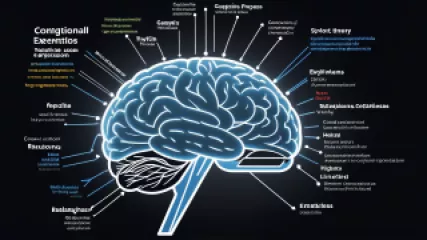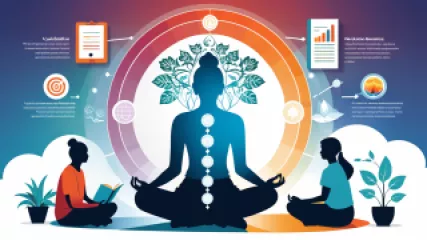How Can Relationship Coaching Help Improve Relationship Health?
1 year ago
Relationship Health
Unlocking the Power of Emotions: An Interview with a Therapist
1 year ago
Understanding Emotions
Understanding Emotional Expression: A Research Summary
1 year ago
Understanding Emotions
10 Best Psychoeducation Resources for Personal Growth
1 year ago
Psychoeducation
Expert Insights: Navigating Healthy Relationships Online
1 year ago
Relationship Health
Improving Relationship Health: A Research Summary
1 year ago
Relationship Health
The Psychology Behind Thoughtful Gift Giving
1 year ago
Psychology of Gift Giving
Why Psychoeducation is Essential for Mental Health
1 year ago
Psychoeducation
Mastering Your Emotions: A Step-by-Step Guide to Better Mental Health Counseling
1 year ago
Understanding Emotions
My Transformative Journey: Uncovering the Psychology of Belief
1 year ago
Psychology of Belief
Master Coping Strategies for Pain: A Step-by-Step Guide
1 year ago
Psychology of Pain
The Ultimate Guide to Overcoming Trauma
1 year ago
Trauma
The Psychology of Gift Giving: An Interview with a Gift-Giving Expert
1 year ago
Psychology of Gift Giving
What 'Grit' Can Teach Us About Psychoeducation
1 year ago
Psychoeducation
A Step-by-Step Guide to Managing Obsessive-Compulsive Disorder (OCD) for Online Mental Health Coaching
1 year ago
Obsessive Compulsive Disorder















